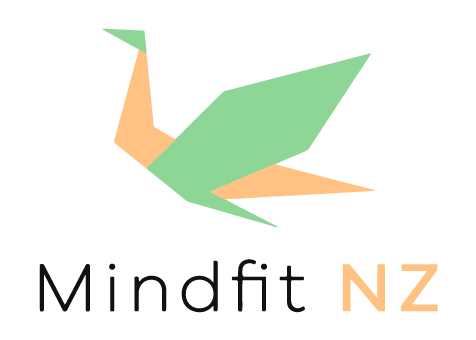The term complementary therapy is generally used to indicate therapies and treatments that differ from conventional Western medicine (E.g. services and medication prescribed by a GP) and that may be used to complement it. This can make them extremely valuable to those who feel like they have been failed by the system.
Complementary therapies typically take a holistic approach to your physical and mental health. This means they consider all aspects of your physical and emotional wellbeing as a whole, rather than treating particular symptoms separately. As certain complementary therapies may enhance your life and help you to maintain your mental wellbeing, people often choose to have a mix of traditional therapies and alternative therapies in their wellbeing toolbox.
Complementary Therapies include but are not limited to the following:
- Dance Therapy
- Art Therapy
- Music Therapy
- Mindfulness
- Hypnotherapy
- Yoga
- Exercise
- Relaxation
- Massage
- Mirimiri
- Aromatherapy
- Equine Therapy
- Meditation/Yoga/Wellness Retreats
- Reiki Healing
- Chakra Dance
- Homeopathy/ Naturopathy
- Acupuncture/ Shakti Mat
- Nutritional and herbal therapies
- Sleep Therapy
In general, mindfulness, hypnotherapy, yoga, exercise, relaxation, massage, mirimiri, art therapy, and aromatherapy have all been shown to have some effect in alleviating mental distress (Asher et al., p. 847). Adventure therapy too, (such as Outward Bound), is considered in some places to be one of the best forms of treatment for addiction recovery (What is Adventure Therapy, par. 1).
Complementary Therapies may be beneficial to you if:
- You’ve already tried the treatments your doctor has offered and they haven’t suited you (for example, you haven’t found medication that works, or it’s caused unwanted side effects).
- You’re on a waiting list for treatment, but you need help to manage your symptoms right away.
- You want more options to try in addition to the treatments your doctor has offered.
- You don’t agree with your doctor’s approach and you want to take another approach to looking after your mental health.
- You want to focus on maintaining your mental fitness.
Where can I find them?
You can find complementary therapy services under the “complementary therapies” tool option in our search filter. Again, complementary therapies are fantastic ways to get connected and stay connected to aid in your overall mental fitness and recovery. Some may also provide you with a sense of purpose which, like social connectedness, is a crucial aspect of mental wellbeing.
While evidence has been mixed as to whether or not complementary therapies have been effective in treating mental health, many people do say they find them helpful in managing or relieving the symptoms they experience. People also find that when they discover the right combination of treatments, self-care and support, recovery and on-going mental fitness is enhanced.
Sources:
Asher, Gary N et al. “Complementary Therapies for Mental Health Disorders” Science Direct, vol. 101, no. 5, 2017, pp 847-864.

